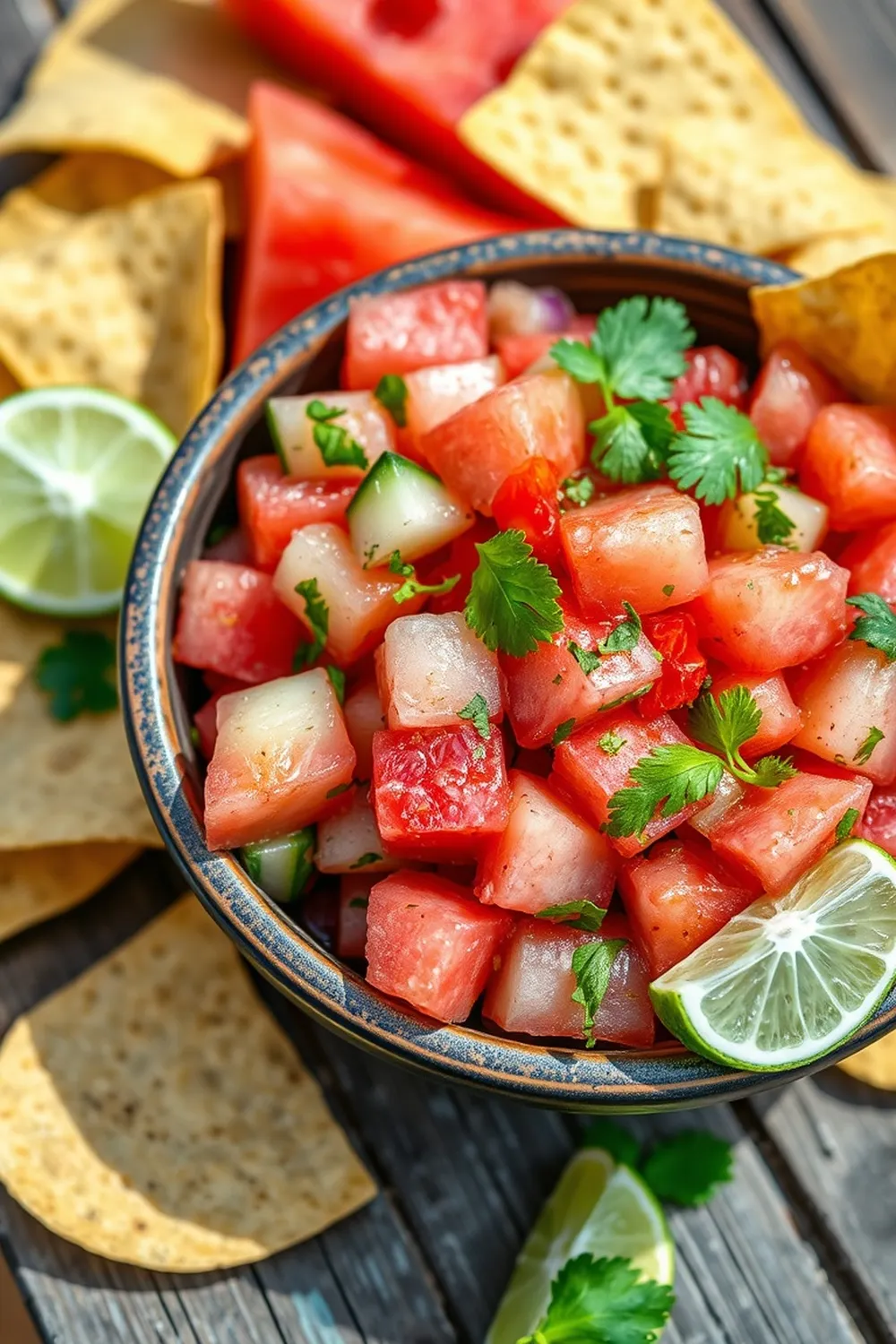- Rinse rice thoroughly and soak in water for 20-30 minutes. Drain before use.
- Crush ginger, garlic, and green chilies into a semi-fine paste using a mortar and pestle or grinder.
- Heat oil in a pressure cooker. Fry whole spices (cinnamon, cloves, cardamom, star anise, bay leaf, cumin seeds) until fragrant.
- Add chopped onions and sauté until golden brown.
- Stir in ginger-garlic-chili paste, coriander powder, and mint leaves. Sauté until the raw aroma disappears.
- Add tomatoes and cook until pulpy. Mix in turmeric powder, red chili powder, and black pepper powder.
- Add mixed vegetables and sauté for 1-2 minutes. Stir in drained rice and coat with the masala.
- Pour water, season with salt, and pressure cook for 10-12 minutes (2-3 whistles). Let the pressure release naturally.
- Fluff rice gently with a fork. Garnish with fresh coriander leaves and serve hot with raita or salad.
- Calories:450 kcal25%
- Energy:1882 kJ22%
- Protein:8 g28%
- Carbohydrates:70 mg40%
- Sugar:8 mg8%
- Salt:400 g25%
- Fat:12 g20%
Last Updated on 2 months by Neha Deshmukh
Vegetable Biryani Recipe: Authentic Indian Rice & Spice Dish
Hey everyone! If you’re anything like me, the aroma of biryani instantly transports you to a happy place. It’s the celebratory dish in so many Indian households, and for good reason. Today, I’m sharing my go-to Vegetable Biryani recipe – a flavorful, aromatic, and surprisingly easy-to-make version that’s perfect for a weeknight dinner or a special occasion. I first made this for a potluck with friends, and it disappeared in minutes!
Why You’ll Love This Recipe
This Vegetable Biryani isn’t just delicious; it’s also incredibly satisfying. It’s packed with colorful veggies, fragrant spices, and fluffy basmati rice. Plus, it’s a fantastic way to get a complete meal in one pot! It’s a little bit of effort, but trust me, the results are so worth it.
Ingredients
Here’s what you’ll need to create this flavorful biryani:
- 1 cup basmati rice
- 2 large tomatoes
- 1 medium onion
- 0.5 inch ginger + 3-4 garlic cloves + 1-2 green chilies
- 0.75-1 cup chopped mixed vegetables (carrots, beans, peas, etc.)
- 0.25 tsp turmeric powder
- 0.5 tsp red chili powder
- 0.25 tsp black pepper powder
- 2 tbsp chopped coriander leaves
- 1 tsp chopped mint leaves
- 1.75 cups water
- 2 tbsp oil
- 1-2 tbsp chopped coriander leaves (garnish)
- Salt to taste
- 1 inch cinnamon
- 2 cloves
- 2 green cardamoms
- 1 small star anise
- 1 tej patta (Indian bay leaf)
- 1 tsp cumin seeds
Ingredient Notes
Let’s talk ingredients! A few things make all the difference in a good biryani:
- Basmati Rice: Seriously, don’t skimp here. Good quality basmati rice (aged is even better!) is key for that light, fluffy texture. I prefer the long-grain variety.
- Spice Blend: The spices are the heart and soul of biryani. Make sure yours are fresh for the best flavor. You can even toast them lightly before grinding for extra aroma.
- Vegetable Variations: Feel free to get creative with your veggies! Cauliflower, potatoes, and even mushrooms work beautifully. My mom always adds a handful of spinach towards the end.
- Oil Choice: Traditionally, ghee (clarified butter) is used for a richer flavor. But vegetable oil works perfectly well too, especially if you’re looking for a lighter option.
Step-By-Step Instructions
Alright, let’s get cooking!
- Rice Prep: First, rinse the basmati rice thoroughly under cold water until the water runs clear. Then, soak it in water for 20-30 minutes. This helps the grains cook up fluffy and separate. Drain well before using.
- Spice Paste: Crush the ginger, garlic, and green chilies into a semi-fine paste. You can use a mortar and pestle (my preferred method!) or a grinder.
- Tempering the Spices: Heat the oil in a pressure cooker over medium heat. Add the whole spices – cinnamon, cloves, cardamom, star anise, bay leaf, and cumin seeds – and fry until fragrant (about 30 seconds). This step is crucial for releasing their flavors.
- Sautéing the Onions: Add the chopped onions and sauté until they turn golden brown. Patience is key here – don’t rush this step!
- Adding Aromatics: Stir in the ginger-garlic-chili paste, coriander leaves, and mint leaves. Sauté until the raw aroma disappears (another minute or two).
- Tomato Time: Add the chopped tomatoes and cook until they become pulpy. Mix in the turmeric powder, red chili powder, and black pepper powder. Cook for a few minutes until the oil starts to separate.
- Veggie & Rice Integration: Add the mixed vegetables and sauté for 1-2 minutes. Then, add the drained rice and coat it well with the masala.
- Pressure Cooking: Pour in the water, season with salt, and close the pressure cooker lid. Cook for 10-12 minutes (2-3 whistles) over medium heat. Let the pressure release naturally. Don’t force it open!
- Fluff & Garnish: Once the pressure has released, gently fluff the rice with a fork. Garnish with fresh coriander leaves and serve hot.
Expert Tips
- Don’t Overcook the Rice: Overcooked rice will be mushy. Keep a close eye on the pressure cooker.
- Layering Flavors: The key to a good biryani is building layers of flavor. Don’t skip any steps!
- Resting Time: Letting the biryani rest for 5-10 minutes after cooking allows the flavors to meld together.
Variations
- Vegan Adaptation: Simply ensure your oil is plant-based.
- Gluten-Free Confirmation: This recipe is naturally gluten-free!
- Spice Level Adjustment: If you prefer a milder biryani, reduce the amount of red chili powder. For a spicier kick, add a pinch of cayenne pepper.
- Festival Adaptations: My aunt always makes this for Eid and Diwali, adding a handful of fried onions for extra crunch and sweetness.
Serving Suggestions
Biryani is a complete meal on its own, but it’s even better with some accompaniments! I love serving it with:
- Raita: A cooling yogurt dip.
- Salad: A simple onion and cucumber salad.
- Pickle: A tangy Indian pickle.
Storage Instructions
Leftover biryani can be stored in an airtight container in the refrigerator for up to 3 days. Reheat gently in the microwave or on the stovetop.
FAQs
Q: Is this biryani best made in a pressure cooker or pot?
A: While a pressure cooker speeds up the process, you can definitely make this in a pot! Just increase the cooking time and ensure the rice is fully cooked.
Q: What vegetables work best in vegetable biryani?
A: Carrots, beans, peas, cauliflower, and potatoes are all great choices. Feel free to experiment!
Q: Can I make this biryani ahead of time?
A: Yes! You can prepare the masala and sauté the vegetables a day in advance. Just add the rice and water when you’re ready to cook.
Q: How do I prevent the rice from sticking to the bottom of the pressure cooker?
A: Ensure there’s enough water and oil. Also, avoid stirring the biryani while it’s cooking.
Q: What is the significance of soaking the rice before cooking?
A: Soaking helps the rice grains absorb water, resulting in a fluffier texture.
Q: Can I adjust the spice levels to suit my preference?
A: Absolutely! Feel free to adjust the amount of red chili powder to your liking.
Enjoy making this delicious Vegetable Biryani! I hope it becomes a family favorite in your home, just like it is in mine. Let me know how it turns out in the comments below!










